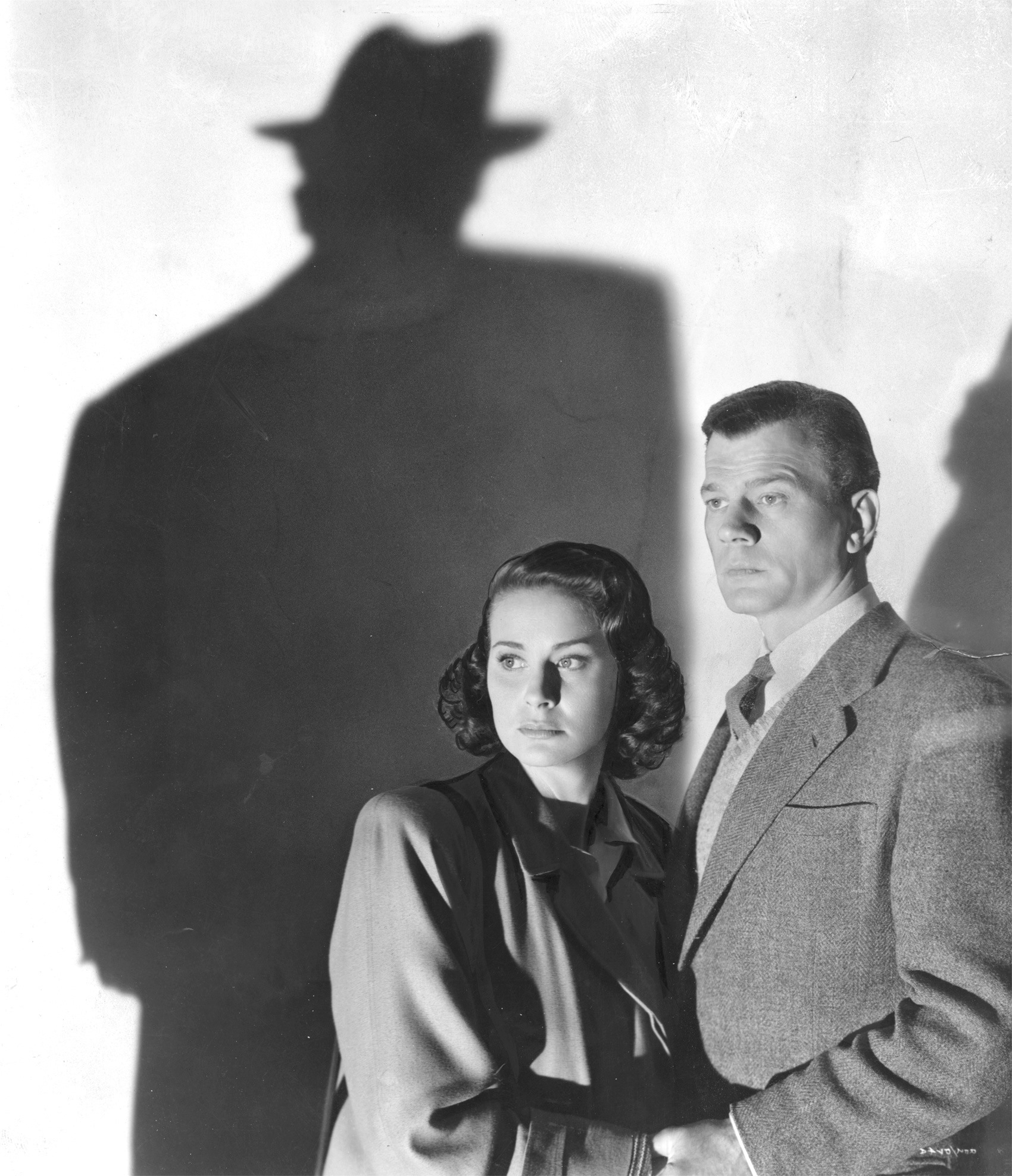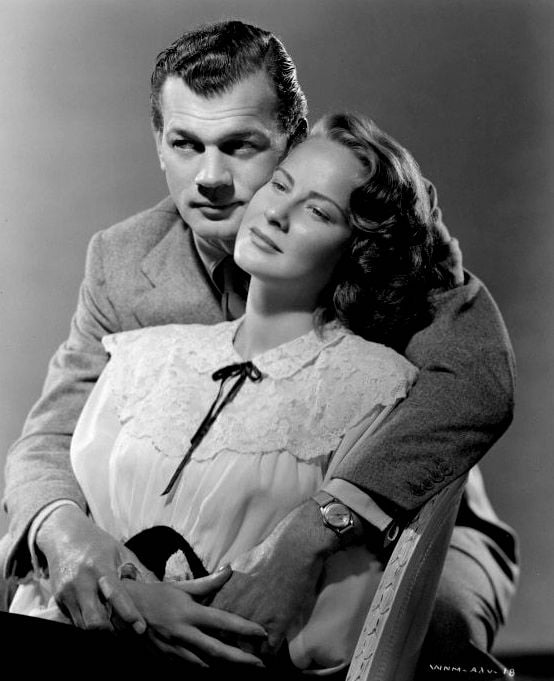Known for being one of the greatest actresses on the Italian scene, loved for her expressiveness, disarming beauty and confidence on stage, Alida Valli is today an unforgettable name in the history of cinema in Italy.
Who was Alida Valli
Alida Valli, stage name of Alida Maria Altenburger von Marckenstein und Frauenberg (Pola, 31 May 1921 – Rome, 22 April 2006), was an Italian actress.
He grew up with his Istrian mother and Trentino father known for some aristocratic descent and for being a philosophy professor and music critic. The family then moved to Lake Como, definitively abandoning Alida’s hometown.
Enrolls in the courses of Experimental Center for Cinematography thus managing to make her debut on the big screen at a very young age. She immediately gets important parts in light films which are however loved a lot by the general public and allow her to become a successful actress. Among his greatest early career projects are remembered “A thousand lire a month” and “9 am: chemistry lesson”. During the years of Fascism she is one of the most loved actresses and is also remembered for some “films that speak to the heart” such as “Lucenelle tenebre”, “Chains invisible” and “Tonight nothing new”.
The beginning of Alida Valli’s career
In recent years, numerous film projects have made her the star of the EIAR. “Manon Lescaut” dates back to these years, followed by “Piccolo mondo antico” by Mario Soldati who participated in the Venice Film Festival and allows her to obtain the best Italian actress award. With the death of her partner, a change of register arrives for her that leads her to move away from a playful acting in favor of true interpretation.

With the growing influence of fascism some of his films are censored in 1942. Under the pressure of Mussolini, “Noi vivi” and “Goodbye Kira!” by director Goffredo Alessandrini. The following year she refuses to comply with the wishes of the Duce and so, in order not to act in fascist propaganda films, she hides in Rome with some friends and colleagues.
With the end of the dictatorship and the second world conflict, he obtains a Silver ribbon as best actress for the role of Eugenia Grandet in the homonymous film by Mario Soldati. In addition to this great success, however, Valli can now boast of having been noticed by international directors. In fact, he collaborated in 1947 with Alfred Hitchcock for “The Paradine case” but also alongside Frank Sinatra for “The miracle of the bells” and with Orson Welles for “The third man”.
Private life and major projects of Alida Valli

The projects in the United States, however, end when he stops putting up with the manias for control towards the actors and so on back to Italy where he participates in great successes such as “Senso” by Luchino Visconti. Other interesting projects follow such as Michelangelo Antonioni’s “Il grido”, or Pier Paolo Pasolini’s “Edipo re”. With the beginning of the 70s he shows his great versatility collaborating with very different directors such as Giuseppe Bertolucci, Dario Argento or Valerio Zurlini.
Of the private life of Alida Valli it can be said that in her first period in Rome she met Carlo Cugnasca, the aviator who died during a mission in Libya. Later she met and married Oscar De Mejo with whom she gave birth to her children Carlo and Larry. Among his stories we also remember the one with his colleague Piero Piccioni in the fifties.

